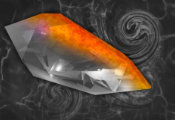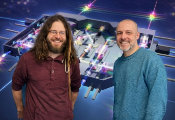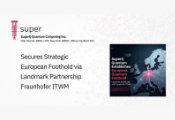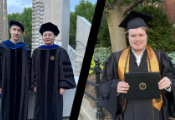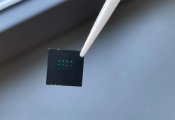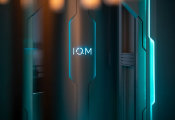LuxQuanta, Telefónica, Vithas, and Qoolnet Shield Hospitals Against Quantum Attacks
Madrid, February 17, 2025 -- Telefónica, in collaboration with Vithas and technology providers LuxQuanta and QoolNet, has successfully established a quantum-secured fiber-optic link between two hospitals in Madrid. This project demonstrates the feasibility of Quantum-Safe communication for healthcare institutions, ensuring the long-term protection of sensitive medical data against emerging threats from quantum computing.
Quantum computing is expected to revolutionize multiple industries, enabling breakthroughs in medicine and scientific research. However, it also increases the risks of malicious actors exploiting its power to break current cryptographic standards used in internet communications. The practice known as “Store Now, Decrypt Later” (SNDL) is already in use, where attackers collect encrypted data today with the intention of decrypting it once quantum computers become powerful enough.
Committed to the security of its customers and anticipating future technological challenges, Telefónica has been researching Quantum-Safe solutions for over a decade. The company has worked on some of Europe's most stable and advanced quantum network infrastructures to foster a secure and interconnected future.
In collaboration with Spanish startup LuxQuanta, European leaders in QKD technology, and QoolNet, a spin-off of the Polytechnic University of Madrid (UPM), Telefónica and Vithas deployed a dedicated fiber-optic link between Vithas Madrid Arturo Soria University Hospital and Vithas Madrid La Milagrosa University Hospital. Unlike conventional encryption systems based on complex mathematical algorithms, which are potentially vulnerable to quantum attacks, QKD leverages the fundamental principles of quantum physics, making it physically impossible to intercept or alter the encryption keys without detection.
For this initiative, Telefónica leveraged its network infrastructure in Madrid, deploying LuxQuanta NOVA LQ® QKD devices to generate continuous-variable quantum signals across the fiber link. QoolNet-UPM’s Quantum-Safe technology managed the key distribution process, ensuring end-to-end security across the network. Finally, next-generation Fortinet firewalls were used to encrypt communications between the two hospitals. This secure channel was tested for various medical use cases, including the transmission of medical data, teleconsultation, and remote patient monitoring, supported by Prhoinsa with medical devices from BLT Biolight and surgical computers from ACL.
Medical records and other sensitive patient information require the highest level of security. Telefónica’s successful trial with Vithas hospitals demonstrates the urgent need for advanced cryptographic protections in the healthcare sector, ensuring data confidentiality in the face of future quantum threats.
Securing Patient Data
Leonor Ostos, Innovation Manager at Telefónica Spain, emphasized:
"Together with Vithas and our partners, we have successfully tested Quantum Key Distribution in a critical sector like healthcare. Using our fiber network, we have established a secure communication channel for sensitive medical data, staying ahead of emerging technological threats."
Ángel Ayuso, Managing Director of the Vithas Foundation and Corporate Scientific Director, highlighted:
"At Vithas Hospitals, we understand the sensitivity of the patient data we handle, and we make every effort to ensure its confidentiality. Collaborating with Telefónica, LuxQuanta, QoolNet-UPM, Fortinet, and Prhoinsa in this QKD technology test is a significant step toward guaranteeing the long-term security of patient information."

